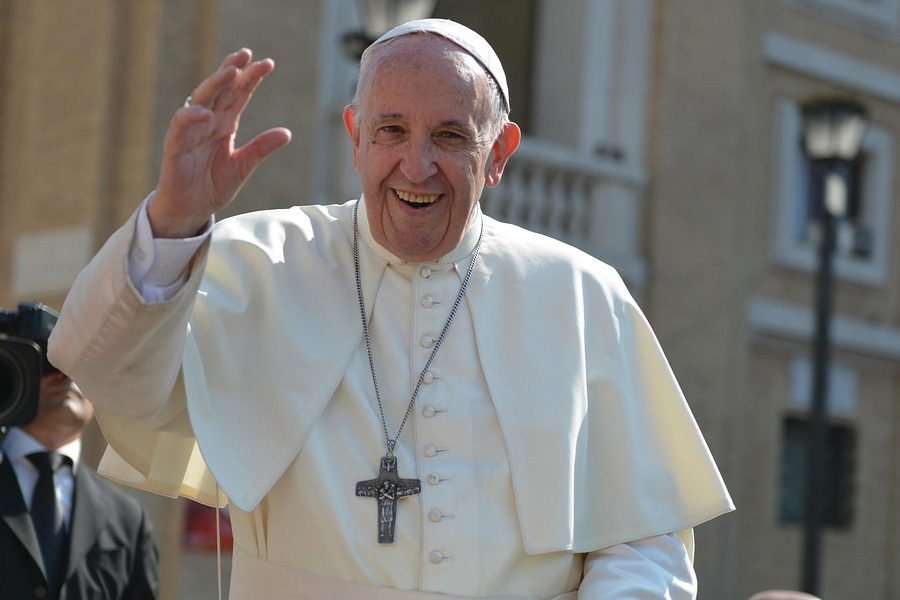In last Sunday’s reading from the fourteenth chapter of Matthew’s Gospel, Jesus learned that John the Baptist had been killed. Jesus loved John. He must have been anguished by his death. Understandably, his first reaction upon hearing the news was to try to withdraw, by himself, to deserted place. But the crowds found out where he was going, and got there before him. When he arrived to find the crowd already gathered, he had pity on them. Even in the midst of his own raw grief, he healed their sick, and fed them all by the miracle of loaves and fishes. In doing so, Jesus demonstrates for us a profound, but difficult, spiritual truth: Our own suffering does not excuse us from acting with compassion toward others. Like a great many other profound, difficult spiritual truths, this one is most often learned in the context of parenthood. The fact that you have a miserable toothache does not mean you are allowed to bat your whining teenager across the room. Actually, a big part of parenting is to shield your children from your own anguish and anxiety so that they have a safe space in which to grow and thrive. And the countless parents who endure whatever comes and still provide for their children exemplify what is best in our species. Our grief-stricken Savior’s practical compassion for the crowd affords evidence that our God is indeed a father and mother to us.
In today’s Gospel, the fourteenth chapter of Matthew continues with Jesus finally managing to escape the crowds and his disciples so that he can climb a mountain and pray in solitude. In doing so, he follows a tradition that has its origin in our first reading. There, Elijah climbs a mountain to pray, and is surprised to encounter God in “a tiny whispering sound.” He’s surprised, because hitherto God had always been manifested in heavy winds and earthquakes and other such phenomena. There was never any doubt when God was present. You couldn’t miss him. But now God’s presence is communicated in this “tiny whispering sound,” which can also be translated “a voiced silence.” I like the latter translation because of the contradiction it contains. How can a silence be “voiced?” The contradiction reveals that human language is being stretched beyond its limits here to try to describe the ineffable – something beyond words. From this moment, the Hebrew people began to realize that their God could be encountered in silence and solitude. Now, 800 years later, Jesus climbs the mountain alone to come to terms with his grief through prayer.
Here again, Jesus is teaching us by example. Yes, we must continue to show practical compassion toward others in the midst of our own suffering. But ultimately we can do so only if we are sustained by prayer. The love we manifest to the world is the fruit of our encounter with the “voiced silence” in solitude. That is why Pope Francis, in The Joy of the Gospel, urges each of us to turn to Jesus everyday in prayer. When we do, we will experience the joy of being loved unconditionally. And we will be moved to share that joy by compassion toward our neighbor – toward all those God has entrusted to our care. And while we may not walk on water, other miracles of God’s grace will happen through us.
Rev. Charles B. Gordon, C.S.C., is co-director of the Garaventa Center for Catholic Intellectual Life and American Culture at the University of Portland. He writes and records a regular blog called “Fractio Verbi.”





